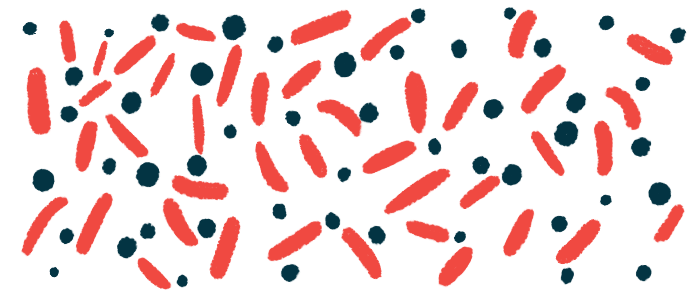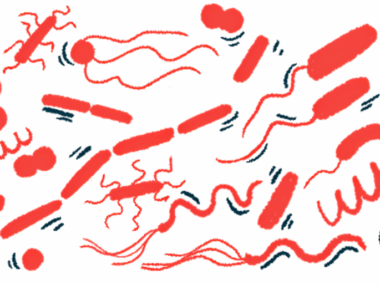Some probiotics have potential as add-on treatment for Parkinson’s
Six bacterial strains seen aiding gut environment, nerve signals
Written by |

Researchers have identified six probiotics — live bacteria usually used as dietary supplements to help with digestion — with the potential to be used as an add-on to standard treatment for Parkinson’s disease.
In a study with bacteria collected from fecal samples, the researchers observed that the bacterial strains were capable of promoting a healthier gut environment and supporting the production of neurotransmitters, chemicals that pass signals between nerve cells.
The study, “Evaluating probiotic properties of gut microflora for gut modulation as an adjuvant therapy for Parkinson’s disease,” was published in the Journal of Future Foods.
The standard treatment for Parkinson’s includes medications like levodopa, which increases the levels of dopamine in the brain. Dopamine is a neurotransmitter involved in motor control. In Parkinson’s, nerve cells that produce dopamine gradually die, causing motor symptoms.
However, levodopa has side effects, and response to the treatment is limited as no more than 10% of it reaches the brain due to its conversion into dopamine in the gut. One way to get around this problem could involve the use of probiotics.
Gut-brain axis
Dysbiosis, or an imbalance in gut bacteria that favors inflammation, has been linked to Parkinson’s, suggesting that restoring a healthy gut microbiota — the collection of all microorganisms living in the gut — could help regulate the gut–brain axis and ease symptoms. The gut-brain axis is a two-way communication system between the gut and the brain, influencing both gastrointestinal and neurological health.
The researchers collected fecal samples from Parkinson’s patients, people at risk for the disease, and healthy individuals. They screened the bacteria in the fecal samples for their ability to meet probiotic criteria, such as ensuring they are safe for human use.
A total of 855 bacterial strains were screened for their ability to produce the neurotransmitters GABA and serotonin, as well as short-chain fatty acids, a type of fatty molecules with anti-inflammatory properties found at lower levels in people with Parkinson’s.
Of the 855 bacterial strains, 23 were found to meet probiotic criteria, and six were identified as particularly promising for further study. These six bacterial strains were identified through 16S rRNA sequencing, a method that identifies and compares different types of bacteria by analyzing their genetic material.
When mixed with levodopa, the bacterial strains did not interfere with the medication. They were also found to produce both GABA and serotonin, two neurotransmitters that are reduced in Parkinson’s, as well as two types of short-chain fatty acids, which could help alleviate Parkinson’s symptoms.
The bacterial strains tested showed average to good ability to group together in a process called auto-aggregation, which would help them stay in the gut. They were also able to form a type of barrier that usually prevents harmful bacteria from growing in the gut.
“The bacteria have been found to fulfill all probiotic characteristic criteria,” suggesting that they “eliminate/reduce side effects produced by primary drug treatment, reduce drug resistivity and increasing longevity and quality of patient’s life,” the researchers wrote.






